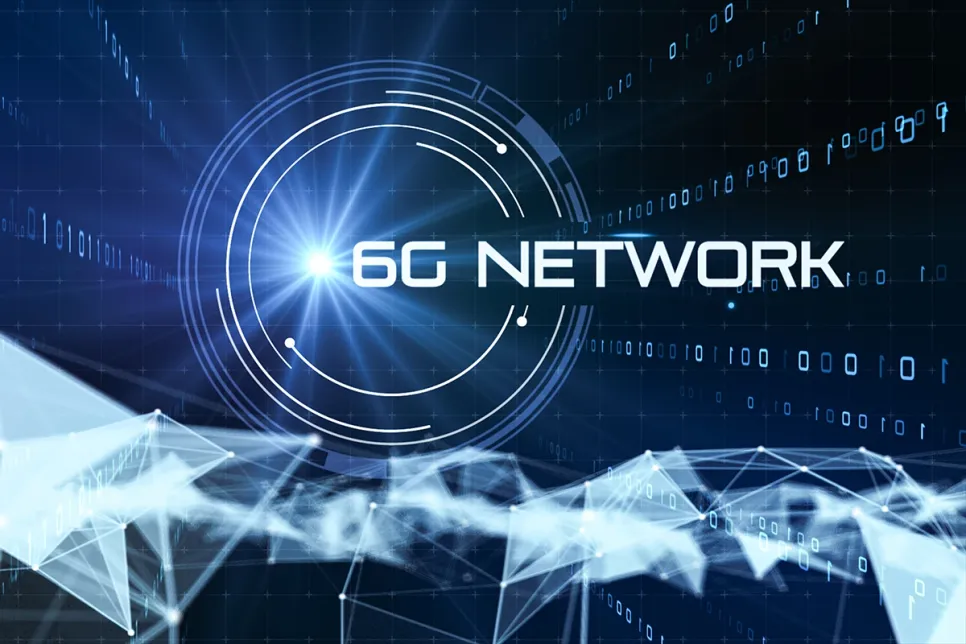Pasqal to Advance Hybrid Quantum Computing with Nvidia Platform
French-based quantum computing specialist Pasqal announced a new technical integration with NVIDIA.

Nokia will lead a European Commission-supported project to explore how 6G can play a key role in building a sustainable future. The project will focus on energy smart grids, e-health, and agriculture.
The vendor will coordinate the SUSTAIN-6G project after being chosen by the Smart Networks and Services Joint Undertaking, a public-private partnership funded by the EC. Nokia explained the initiative is designed to develop solutions to sustainability challenges using the toolkit 6G will offer. The Finnish company will lead a consortium of innovators to look at the future role of 6G in developing environmentally-, economically- and societally sustainable technologies. SUSTAIN 6G will devote considerable time working out use cases for three targeted areas: energy smart grids; e-heath and telemedicine; and agriculture.
In the first area, the consortium will explore how 6G can be used to create microgrids that manage energy demand, along with AI technologies for real-time control of the networks. In e-health, the group will generate new ideas around how 6G infrastructure can be useful for analyzing and transmitting medical data, and also be the foundation for new home-based assessment services. The consortium will investigate how 6G can be allocated to enable smart agricultural applications requiring high bandwidth, sensing, telemetry, data analytics, and automation.
Peter Merz, VP of Nokia Standards, said the UN Paris Agreement committed the world to combat climate change and every industry must do its part. Work on the project kicks off in January 2025 and is scheduled to complete in 2027. The EC also selected Nokia to lead work on the Hexa-X projects, which are focused on creating a pre-standardized 6G platform.